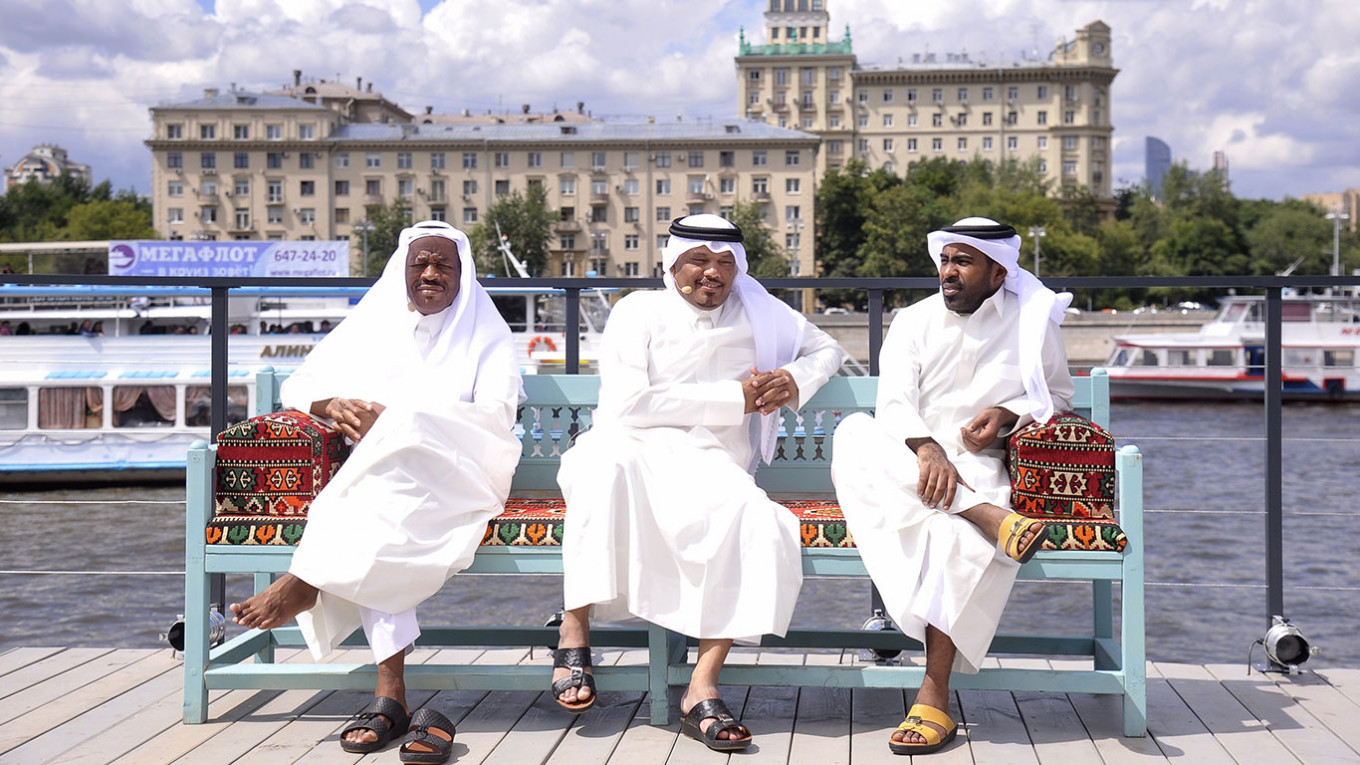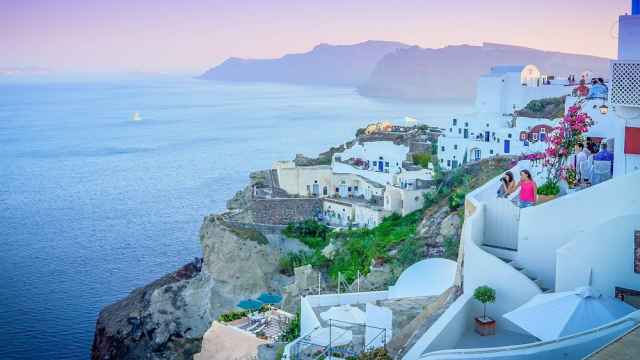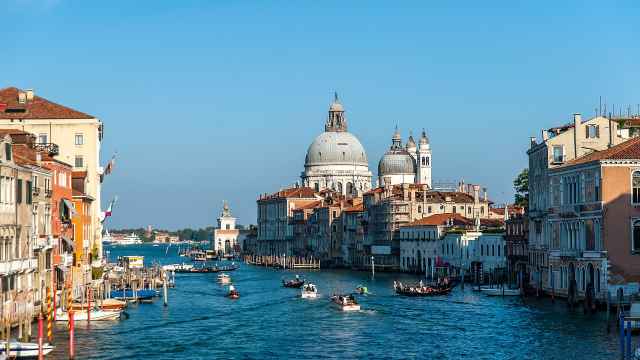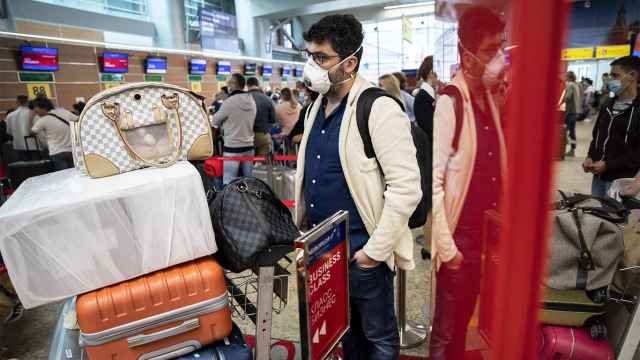Moscow has edged out Paris and London as a popular destination for wealthy Arab tourists who are shut out of European capitals due to the coronavirus pandemic, according to industry experts.
More than 108,000 tourists from the Middle East visited the Russian capital in January-September, the tourism company Mosturizm told The Moscow Times. That equals the total number of tourists from the Middle East to visit the United Kingdom in all of 2015.
“We’ve felt an influx of guests from the Middle East, mainly from the UAE, since the beginning of the year,” said Alyona Kosulnikova, marketing director for the elite Metropol Hotel in central Moscow.
“This trend has been rapidly developing since mid-May [and] we can now state that tourists from the Persian Gulf collectively accounted for an equivalent share of Russian tourists from May to September,” Kosulnikova added.
Representatives of Lotte Hotel and Baltschug Kempinski, two other luxurious hotels, confirmed the trend, noting that Arab guests have accounted for up to half of their clients over the summer.
In addition to staying at five-star hotels, tourists from the Middle East eat out at expensive restaurants and shop at luxury stores in Moscow, according to the Russian Association of Tour Operators (ATOR). These high-end tourists also forgo theaters and museums in favor of experiences such as hunting and tank driving.
The United Arab Emirates and Qatar have appeared on Russia's list of the top 10 countries with the most visitors so far this year, ATOR noted, citing migration data.
With tight international travel restrictions in Paris and London, around 18,000 tourists visited Russia from the UAE and 9,000 from Qatar. Tourism experts also name Egypt among the countries whose citizens visit Russia more frequently, while Saudis prefer to travel to Kiev.
The Euromonitor International market research firm forecasts tourist traffic from the Middle East to Russia to double in 2022 compared with this year.
Mosturizm also plans to launch an ad campaign in several Middle Eastern countries next year to retain and expand the tourist base.
A Message from The Moscow Times:
Dear readers,
We are facing unprecedented challenges. Russia's Prosecutor General's Office has designated The Moscow Times as an "undesirable" organization, criminalizing our work and putting our staff at risk of prosecution. This follows our earlier unjust labeling as a "foreign agent."
These actions are direct attempts to silence independent journalism in Russia. The authorities claim our work "discredits the decisions of the Russian leadership." We see things differently: we strive to provide accurate, unbiased reporting on Russia.
We, the journalists of The Moscow Times, refuse to be silenced. But to continue our work, we need your help.
Your support, no matter how small, makes a world of difference. If you can, please support us monthly starting from just $2. It's quick to set up, and every contribution makes a significant impact.
By supporting The Moscow Times, you're defending open, independent journalism in the face of repression. Thank you for standing with us.
Remind me later.







